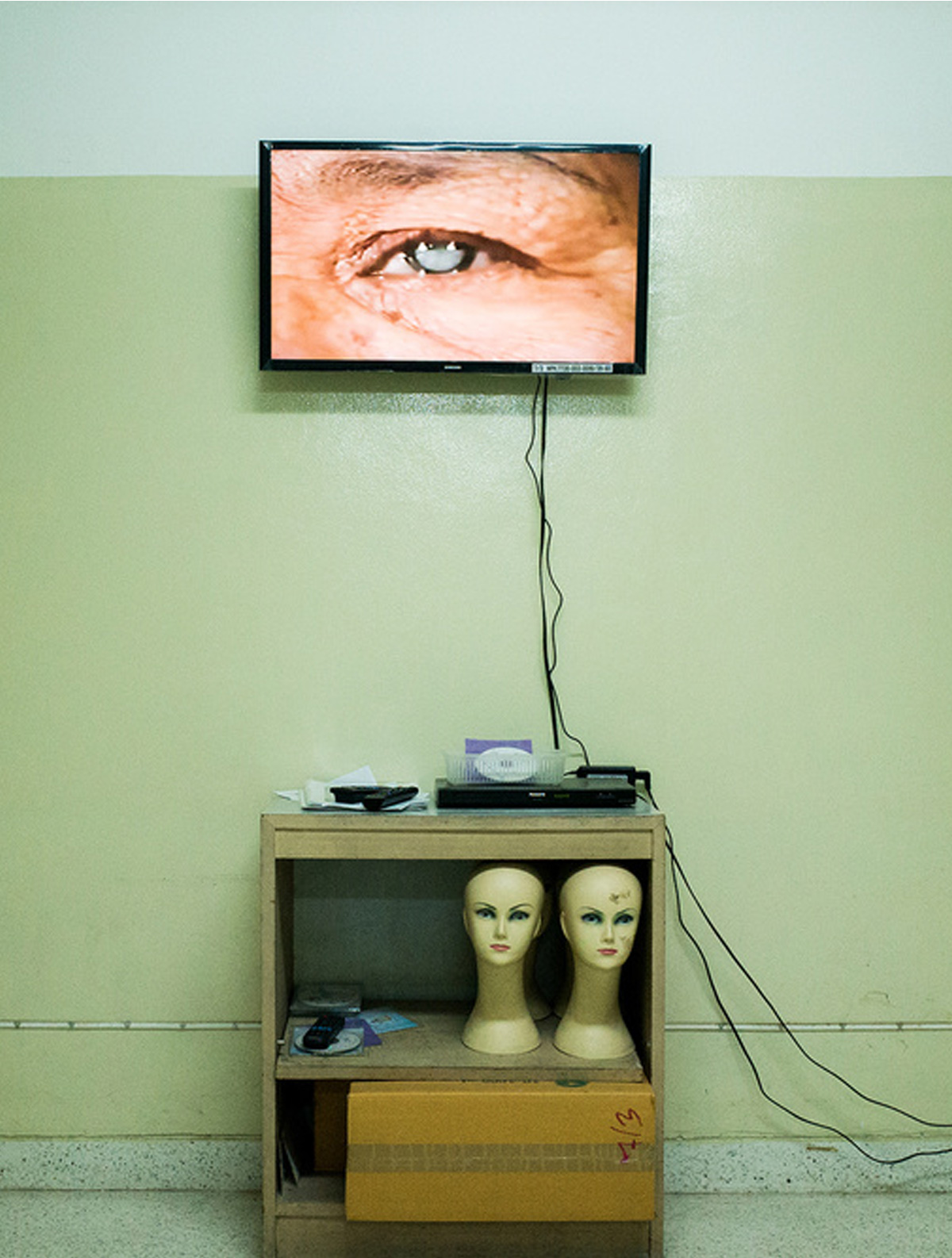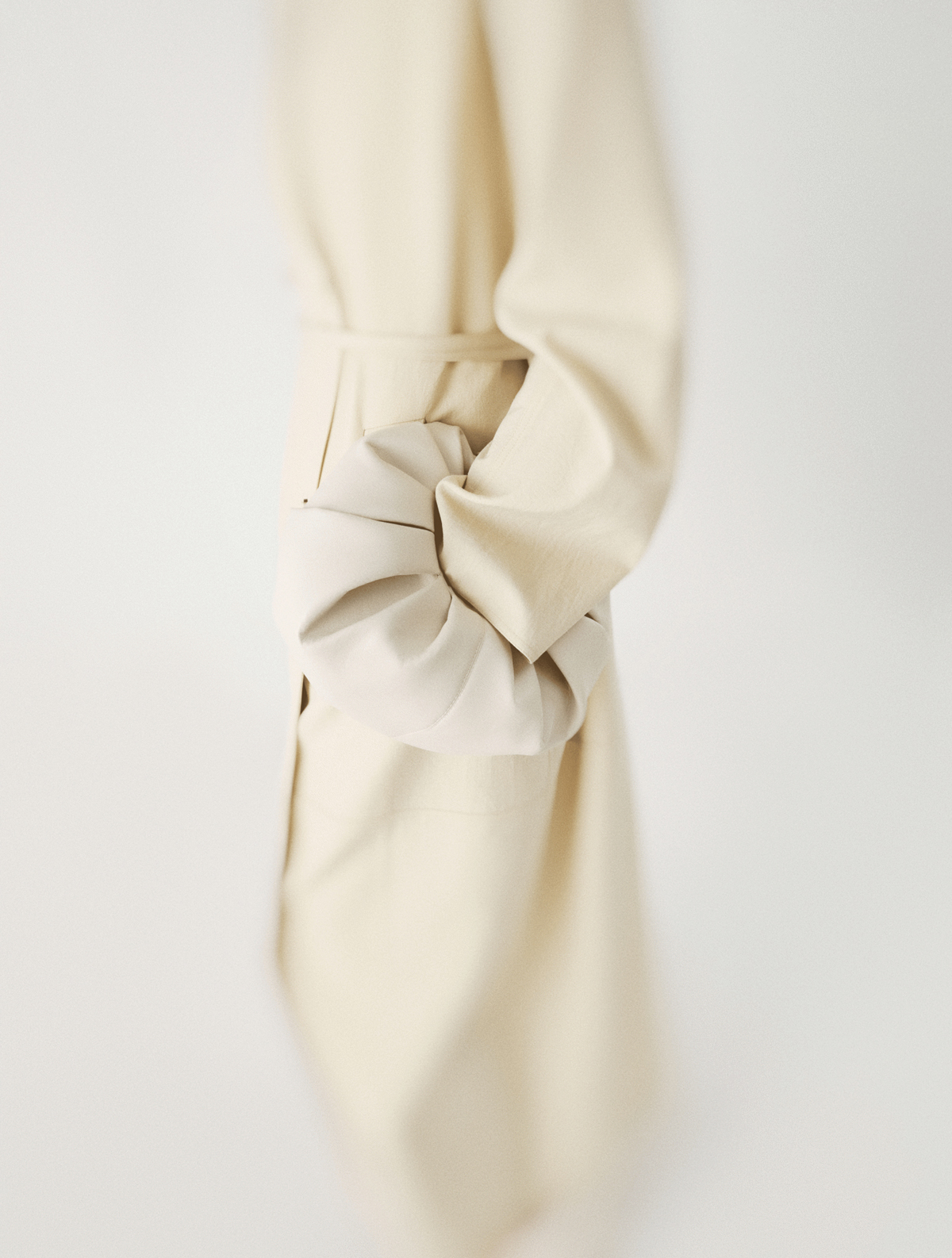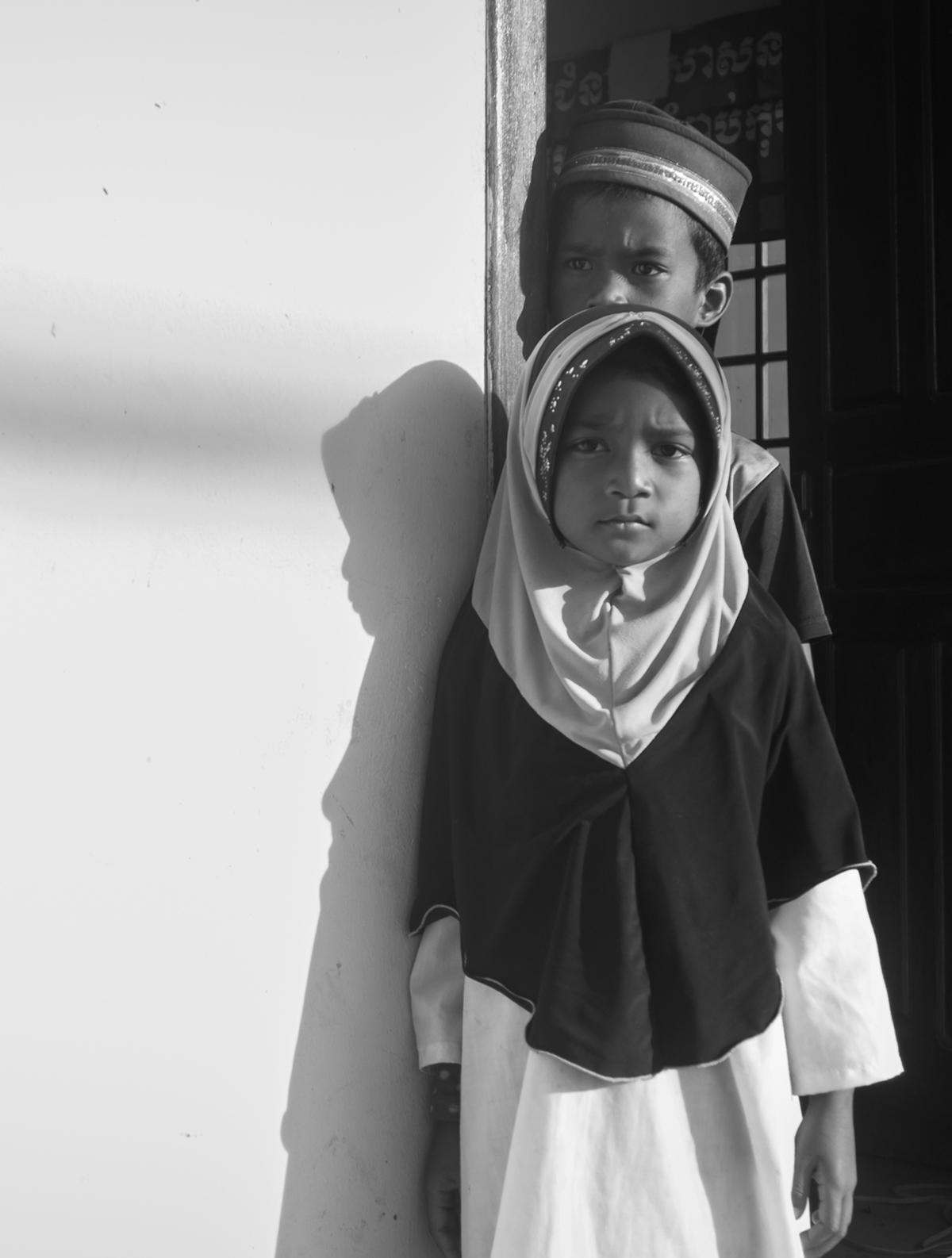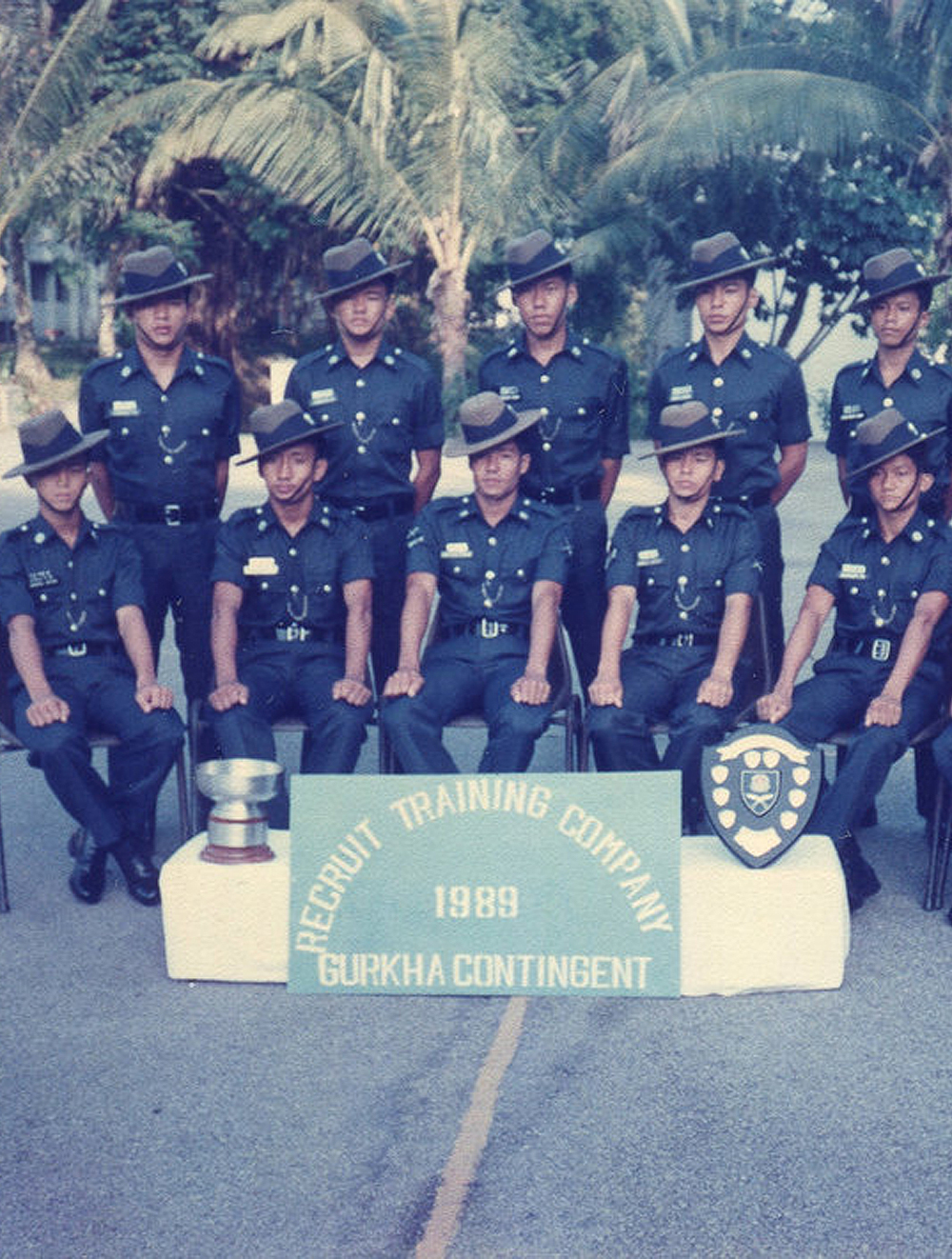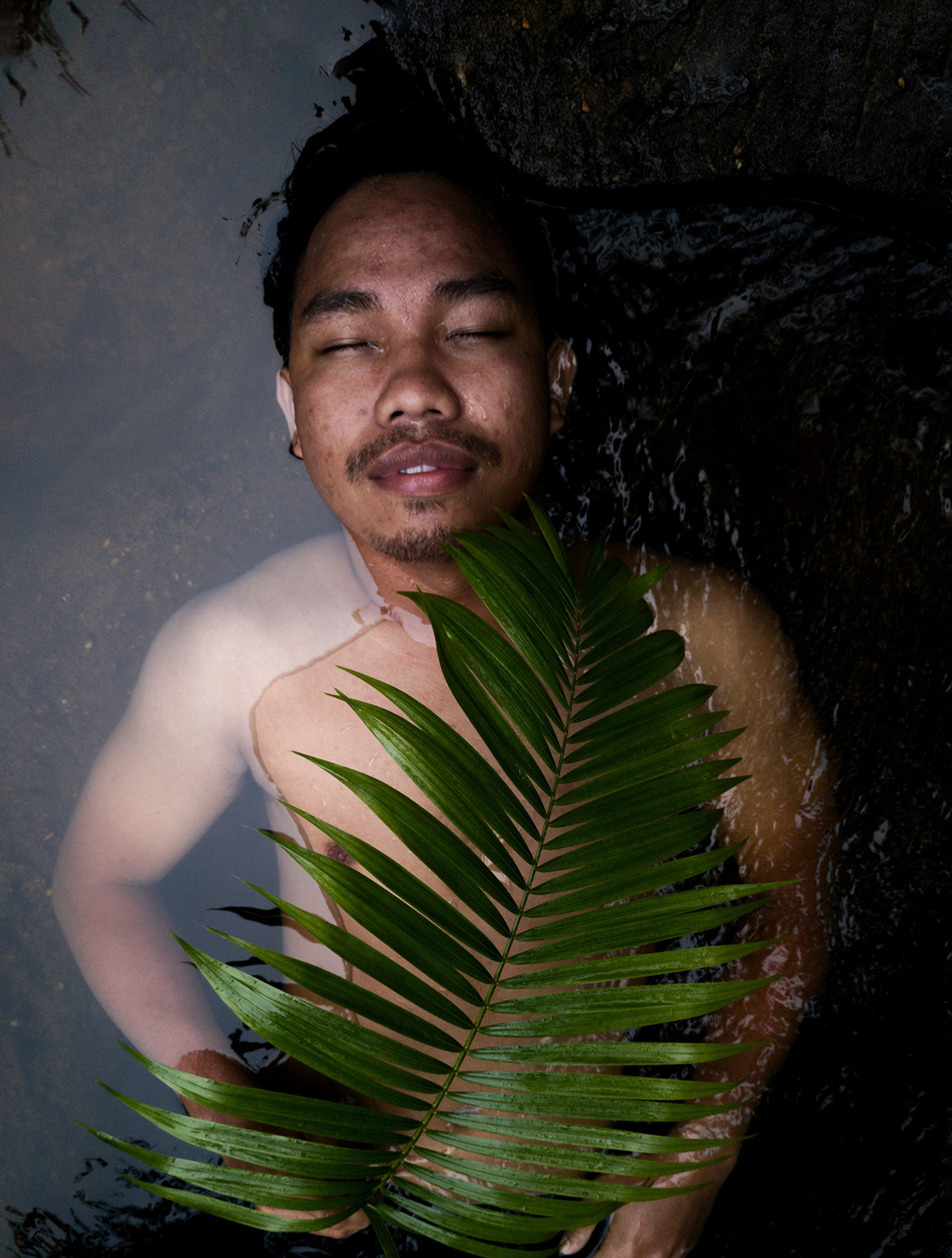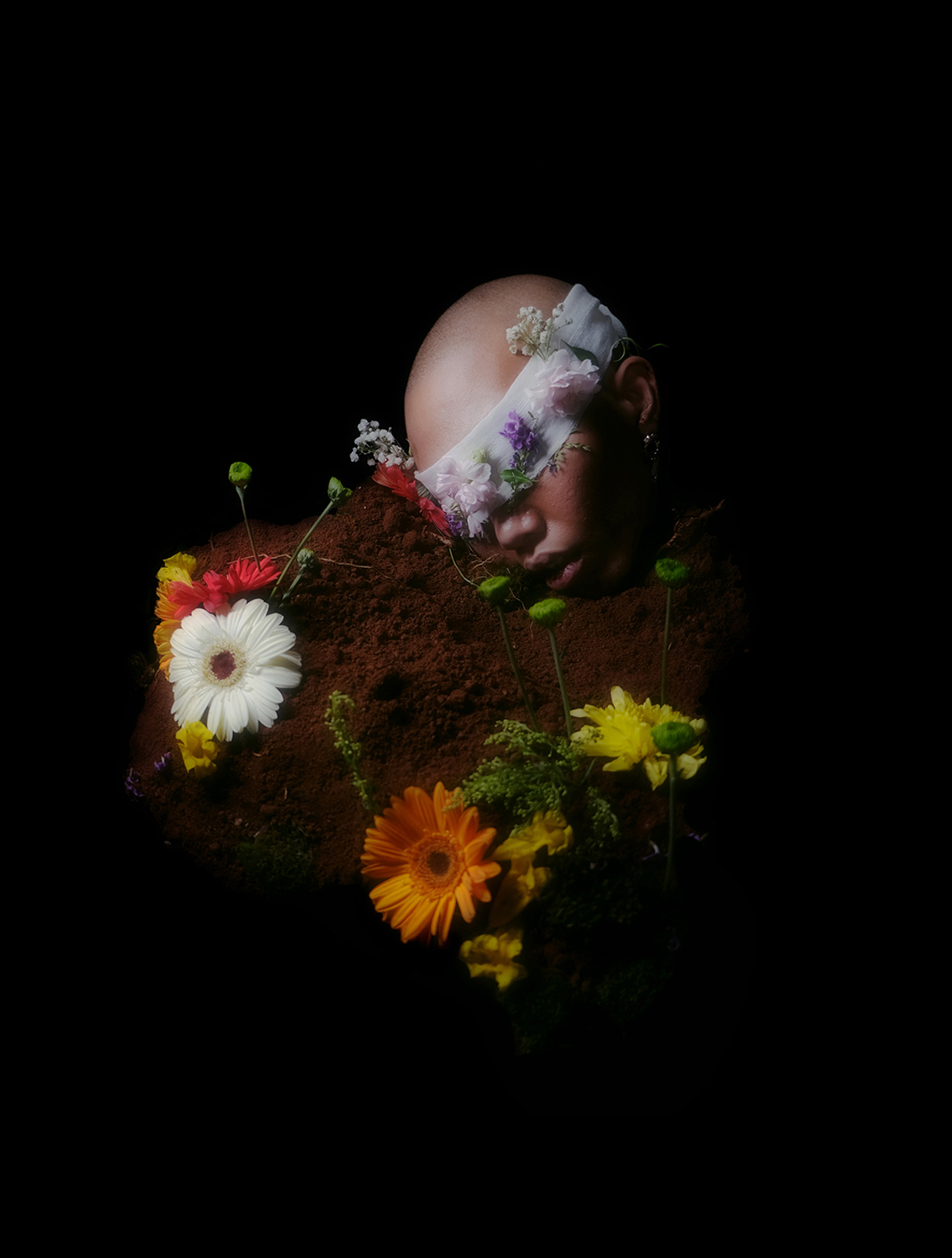Photographs by Raphael Pech
Words by Usha Sophea-Janardhan
Published on April 22, 2021
Share this :
Raphael Pech creates a photo series underlining one of Earth’s biggest contaminants — plastic. And it isn’t too late for us to act.
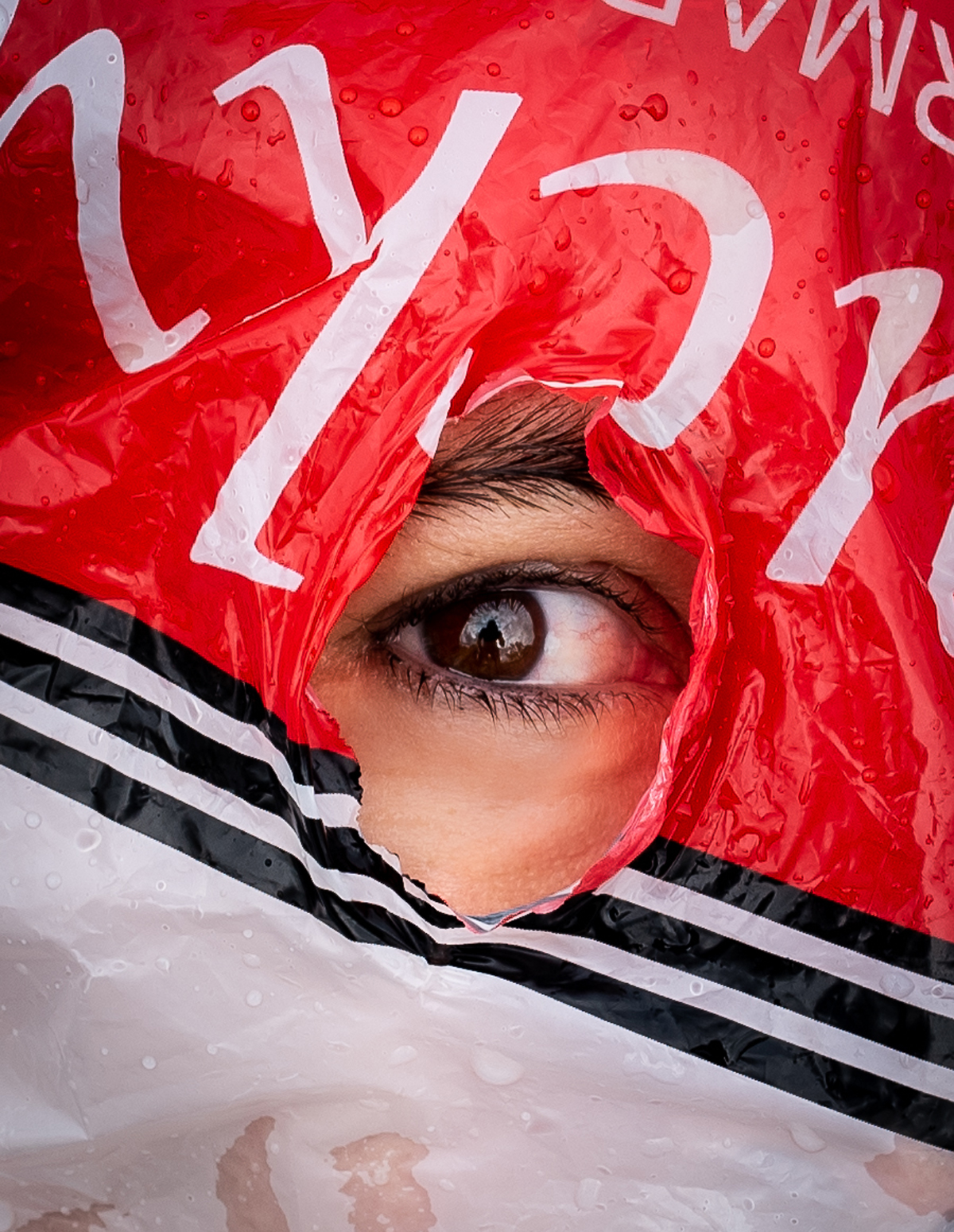
“It’s a plastic nightmare,” states Raphael Pech, referring to the issue of plastic pollution.
He isn’t wrong.
Since the 1950s, the world has produced around 8.3 billion tonnes of plastic waste. Only 9% of the waste was recycled, 12% incinerated, and the remaining 79% disposed of in landfills or the environment. Plastic pollution accounts for 100 million marine animal deaths per year, from both debris and its breakdown into micro-plastics that permeate our globe. In 2018 alone, 308 million tons of plastic were produced. By 2050, the forecast is that it will be more than double – increasing to 756 million tons.
When the French-Cambodian artist arrived in Cambodia in 2001, the population was plastic-free. Ten years later, the country and its Southeast Asian neighbours face increasing waste management challenges due to rapid urbanisation. In Phnom Penh, around 10 million plastic bags are used daily. Many developed countries export trash to developing countries, contributing to a growing global trash industry. Before cracking down on waste imports in 2018, China was the top destination for recycling. As a result, the focus has transferred to Southeast Asia. Regional imports of plastic waste saw a leap of 171% between 2016 and 2018 – much of which was mislabelled and contaminated.
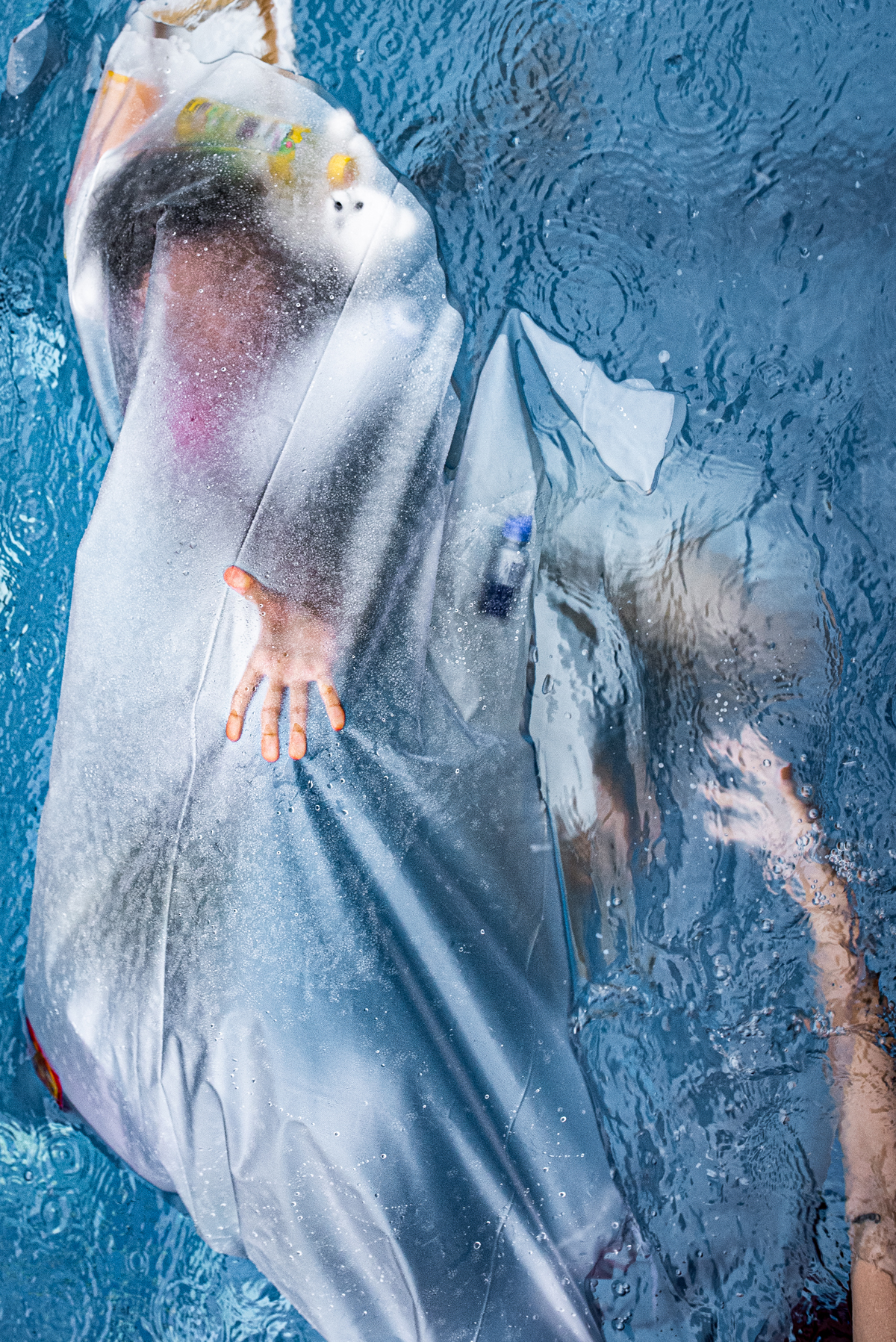
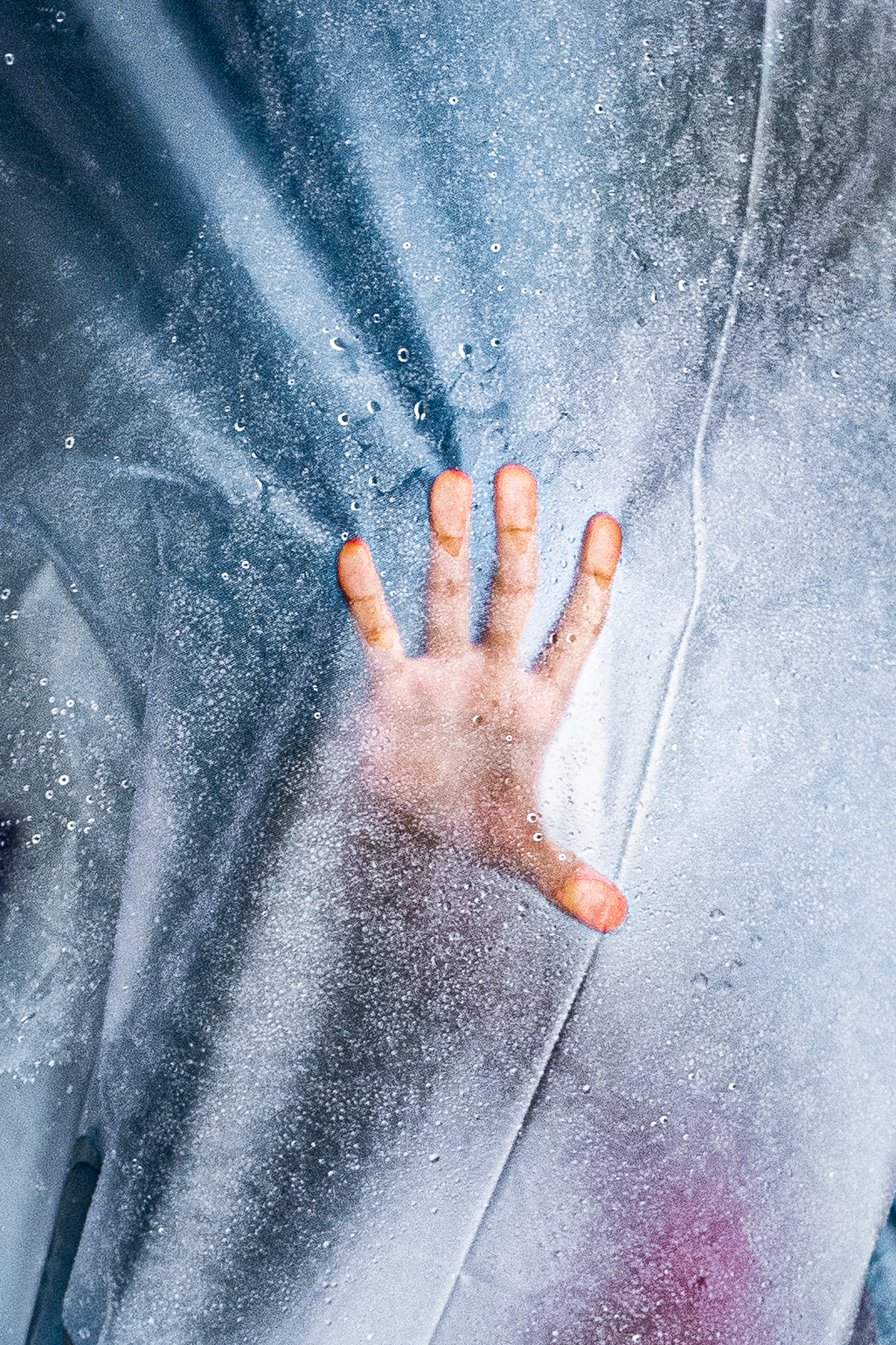
As a street photographer, Raphael saw much of its effects first-hand. He was called down to the province of Kampot by a friend to photograph the issue of waste at its train stations, where he was shocked to discover that citizens threw their trash directly from the train windows at each stop. His surprise laid the foundation for the initial inspiration for The Plastic Series. The project was further influenced by his discovery of Gregg Segal’s 7 Days of Garbage. Gregg Segal’s personalisation of waste appealed to Raphael, alongside the prospect of exploring the differences in its production in a developing country like Cambodia.
“Your trash shows who you are, how you consume – the way we use plastic is all very different and very local.”
Raphael confesses to the project’s double motive: not only was it to educate the general populace, but he also specifically featured models in the hopes of creating awareness within the industry itself. “Empty pictures are dangerous. More than ever, pictures are powerful tools to show and shape society.” He hopes to inspire the photography community to consider their choice of subjects to shoot more carefully, reminding them of the power of their cameras to document and narrate.
Through collecting one’s trash for a week posing with it for the public eye, a form of intimacy and vulnerability is manifested. The intentional utilisation of the models’ waste creates a unique representation, displaying their garbage as glimpses into their personality, habits, and lifestyle. The photographs depict the models engulfed and overwhelmed, a haunting reminder of the ramifications of the overconsumption of plastic.
Raphael plans to expand his project, aiming to add more influential names to his list. “I believe there’s a lot of power behind photographing a leader with a week’s worth of their garbage, one that can create a lot of discussion amongst their people. I think the lighting or style of photography is less important, but the message is what really matters.” As a father of two, he also hopes to leave behind a better world for his children by continuing to use his photography as a tool for social change – a process he says engages less with the head than it does the heart.
This Earth Day, he encourages others to begin their own mini-Plastic Series as a means of reflection and practise mindfulness about their plastic consumption. “I’ve been blessed to travel for 20 years, and it has been so beautiful. This world is pure poetry. Humanity still can preserve this planet – our planet – and no one else can do it for us.”
Own your waste. Save our Earth.
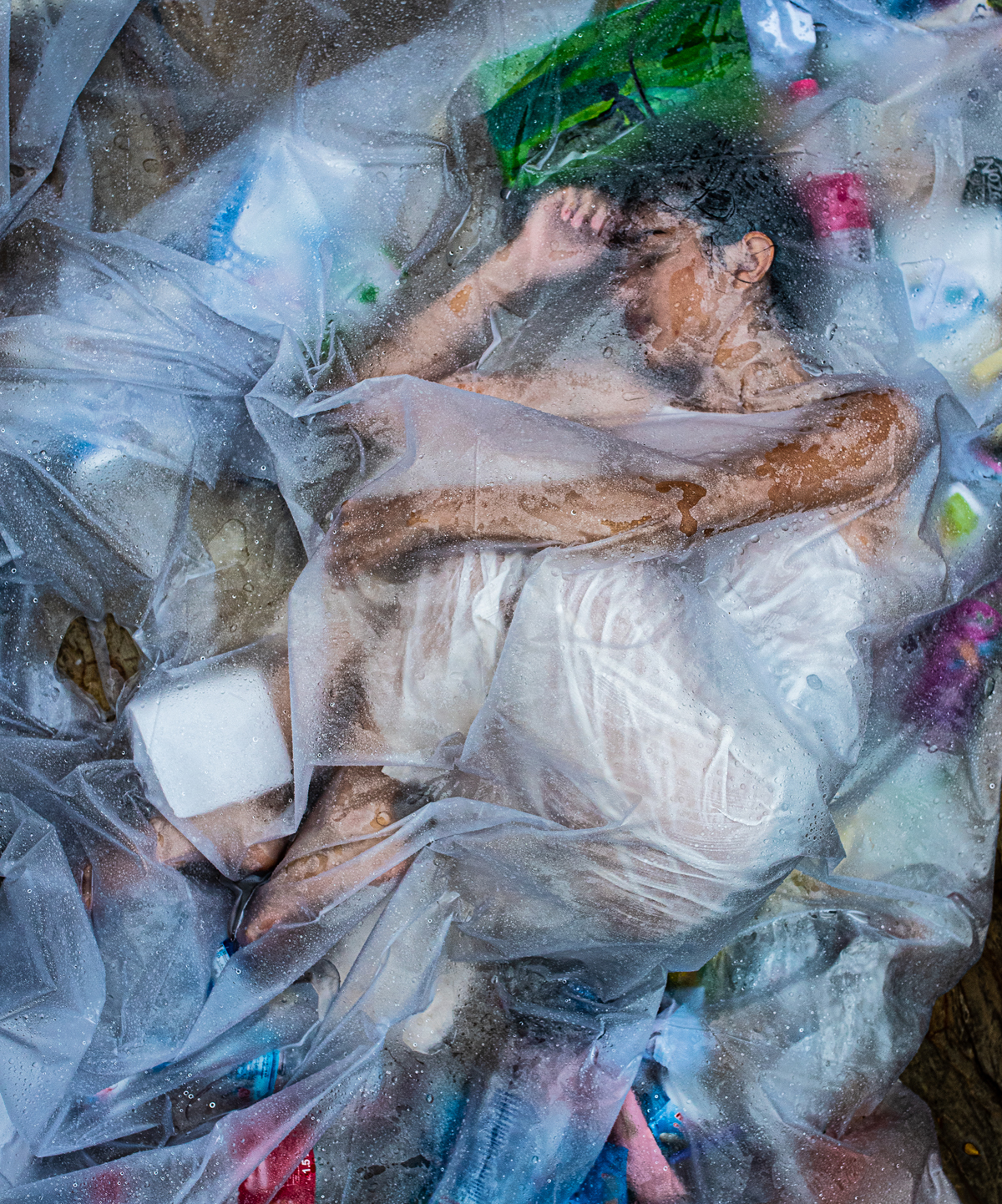
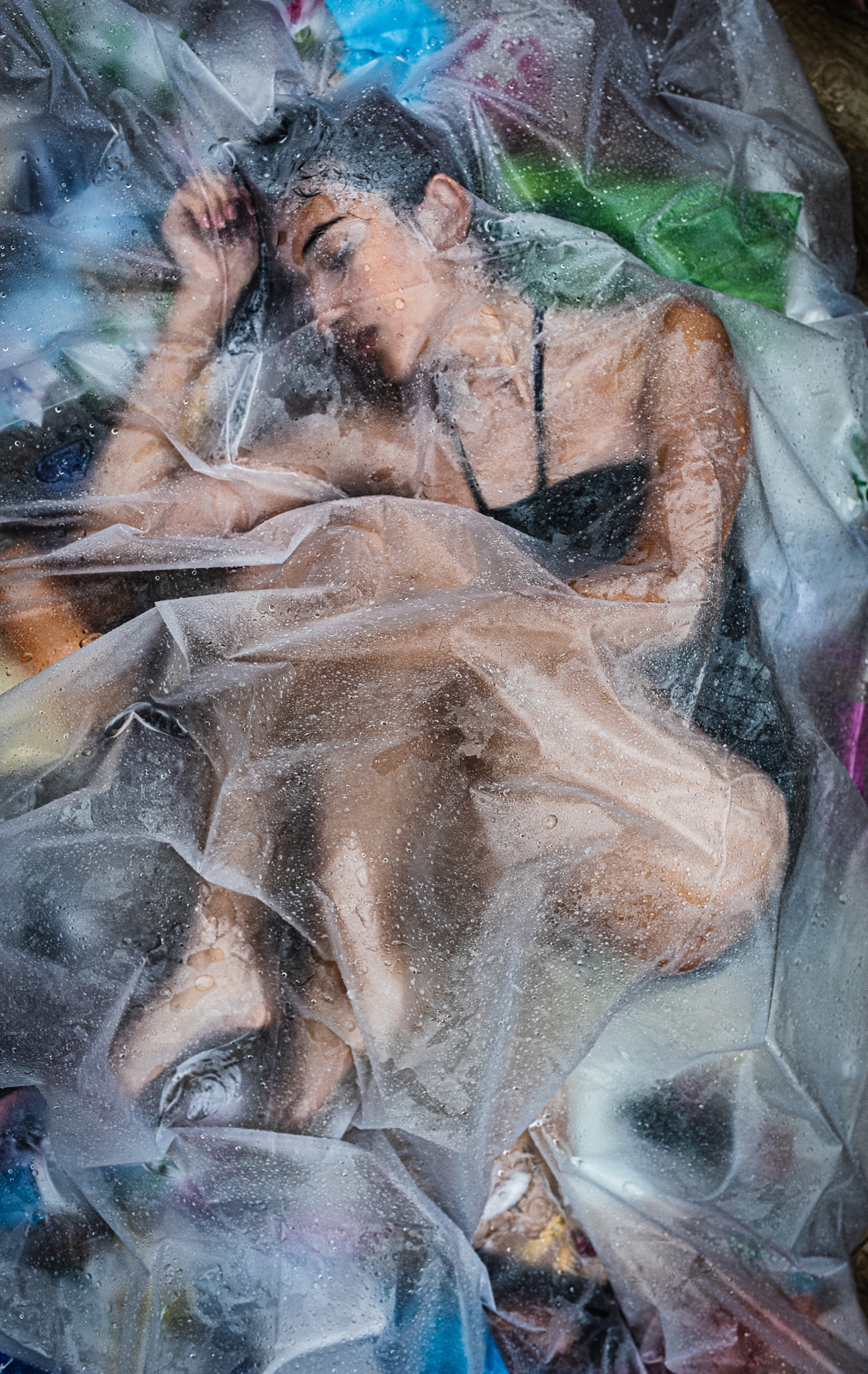
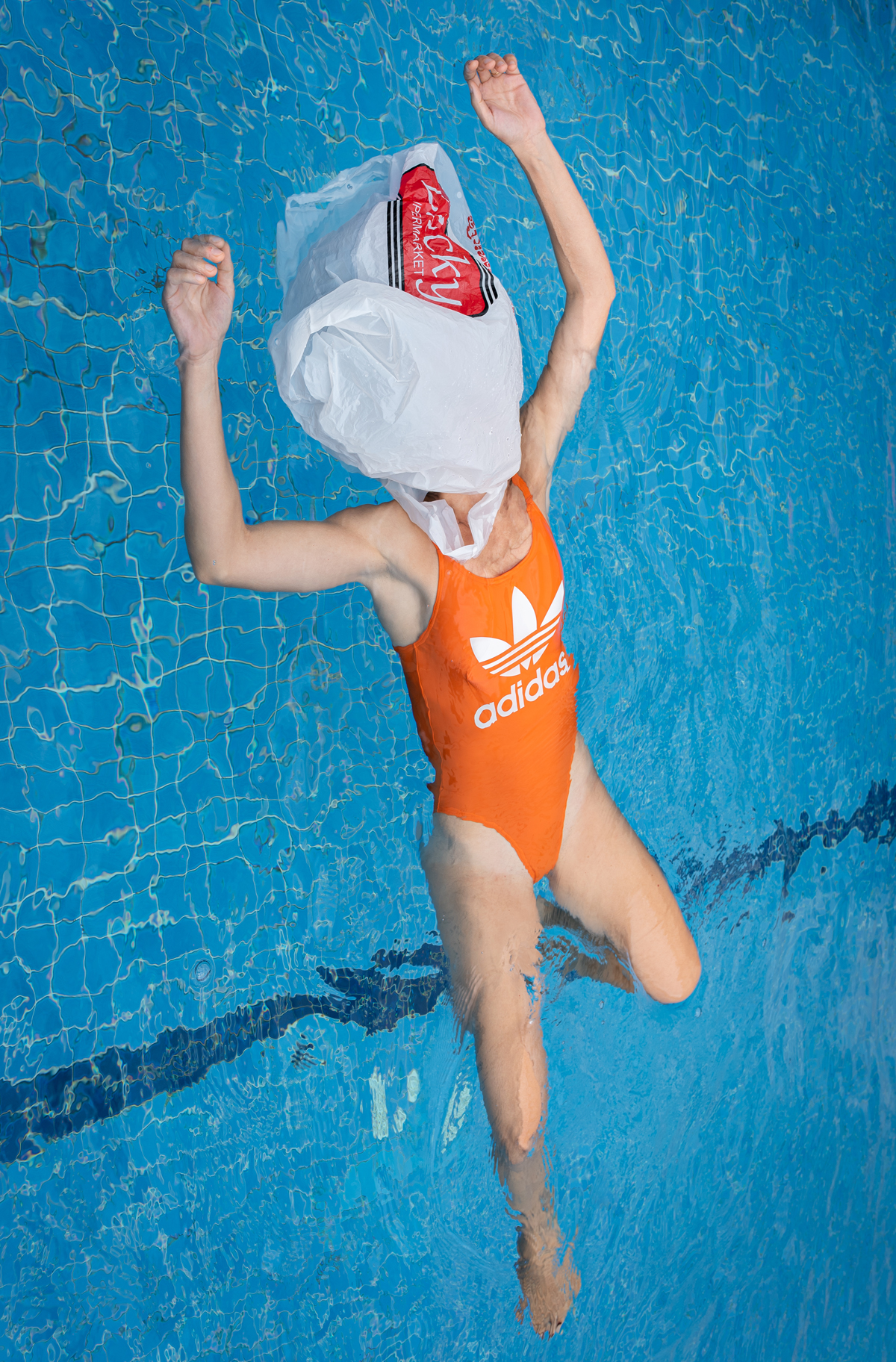

Share this :
Follow us :
ADVERTISEMENT
LATEST ARTICLES
Krerkburin Kernburi’s SurrealLand! Is A Series Of Extraordinary Photos Of Ordinary Days Of Our Lives
In Conversation: Lam Gia Khang Promotes Balance and Stillness Through Minimal Design
“Cham Community Project” – A Redemptive Celebration Of Muslim Community In Siem Reap
SIMILAR ARTICLES
Vannak Chhen, The Artist Who Reveals His Soul Through Photography
Turning Melancholia Into Portraiture — How ‘Beyond Grief’ Shows A Photographer Wrestling With Loss



